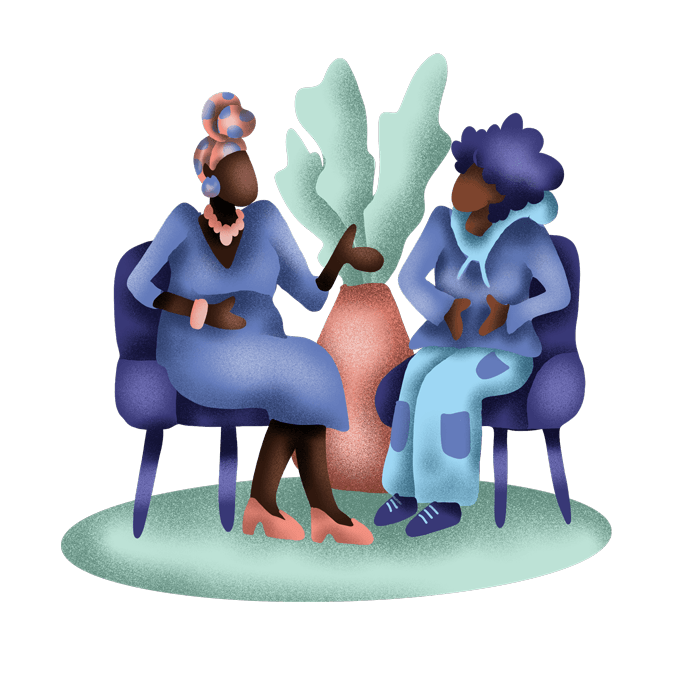Mandatory Reporting and children
All adults in the NT must make a mandatory report if a child (a person under 18) has suffered or is likely to suffer harm or exploitation.
Call the Territory Families intake line via
1800 700 250
to report.
A mandatory report must be made where you believe, on reasonable grounds, that:
- A child has suffered or is likely to suffer harm or exploitation
- A child (under 14) has been or is likely to be a victim of a sexual offence
- A child (aged 16 or over) has been or is likely to be in a sexual relationship with a person who is in a special care position
- The victim of an offence against section 128 of the Criminal Code is a child who is of or over the age of 16 years and under the offender's special care as mentioned in that section (for example, because the offender is a step-parent or teacher of the victim).

Health Practitioner’s Obligations
Health practitioners have additional mandatory reporting obligations in relation to child protection.
The Care and Protection of Children Act 2007 says that:
- A person is guilty of an offence if the person is a health practitioner or someone who performs work of a kind that is prescribed by regulation and believes on reasonable grounds that a child aged at least 14 years (but less than 16 years) has been or is likely to be a victim of a sexual offence and that the difference in age between the child and alleged sexual offender is more than 2 years; and does not, as soon as possible after forming that belief, report (orally or in writing) to the CEO or a police officer:
- that belief; and
- any knowledge of the person forming the grounds for that belief; and
- any factual circumstances on which that knowledge is based
Example:
A health practitioner believes, on reasonable grounds, that a child who has just turned 14 is likely to be a victim of a sexual offence committed by someone aged 16 and a half.

Protection of person making report
- A person acting in good faith in making a report under section 26 is not civilly or criminally liable, or in breach of any professional code of conduct for making the report or for disclosing any information in the report.
- In any proceedings before a court, except with the court's leave, the report or evidence of its contents is not admissible; and a person cannot be compelled to give evidence, or to produce a record, about the report or the identity of the maker of the report.
- The leave may be granted only if the report, evidence or record is of critical importance to the proceedings; and failure to grant the leave would prejudice the proper administration of justice.
It can be difficult to determine exactly what your obligations are in relation to mandatory reporting.
If you would like training for yourself or your team on how to approach mandatory reporting for Domestic Violence or Child Protection matters, please contact CAWLS.
National Helplines: